Research Labs
Psychology faculty are affiliated with one of four areas or sub-disciplines of psychology. Which lab you choose to gain research experience will be largely driven by which area of psychology you would like to pursue in your graduate school training. It is best to gain experience in the lab that most aligns with your future goals and interests (e.g., work in a clinical psychology lab if you plan to seek admission into a clinical psychology graduate program or would like to work with a clinical population). On this page, you will find a directory, grouped by concentration area, of all the research labs within the Psychology Department. Each lab has its own set of qualifications it seeks in a research assistant and each has its own selective application process. To inquire about the application process and potential openings in specific labs, please visit that lab’s website and/or reach out to the faculty member directly.
Clinical Psychology Labs
Health Psychology Labs
Human Factors Labs
Industrial/Organizational Labs
Clinical Psychology Labs

Cassie Glenn, Ph.D.
Director: Youth Risk & Resilience Lab (YR2)
Research Interests: Dr. Glenn’s research focuses on understanding the psychological processes that lead to suicidal and nonsuicidal self-injury in youth, improving prediction of these behaviors in youth, and identifying modifiable targets for intervention and prevention in youth.
Lab Website
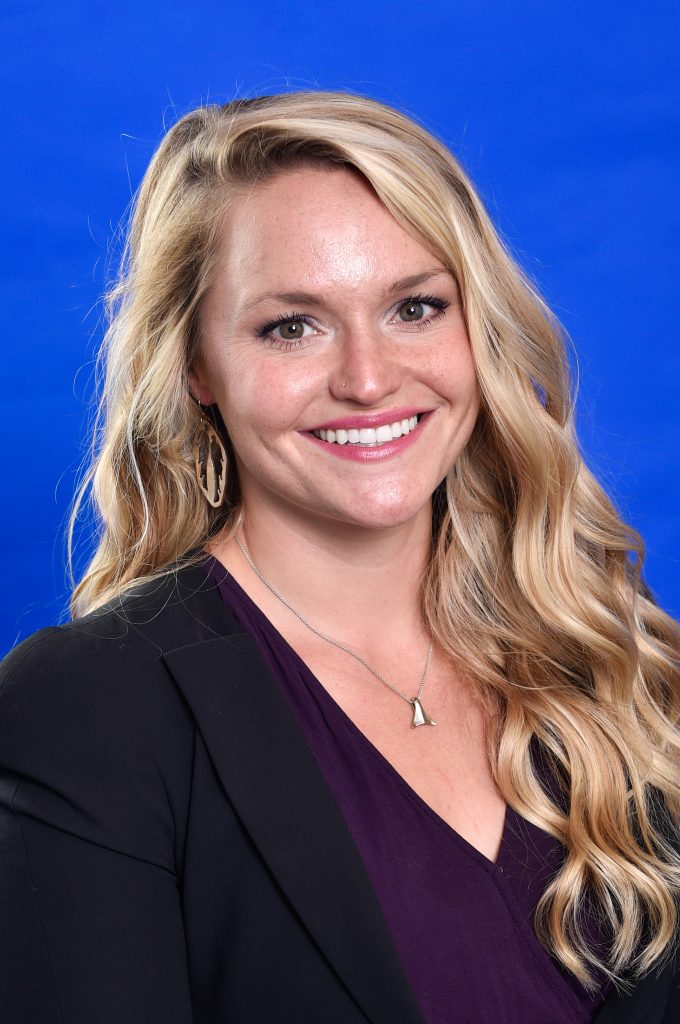
Sage Hawn, Ph.D.
Director: Trauma, Resilience, and Comorbidities Lab (Hawn TRAC Lab)
Research Interests: Dr. Hawn’s research focuses on understanding how biological (e.g., genetic) and psychosocial factors interact to influence responses to trauma, including posttraumatic stress disorder (PTSD) and comorbid conditions. The ultimate goal of this work is to identify risk and protective factors that may predispose individuals to, or buffer against, trauma exposure and subsequent mental and physical health outcomes in order to inform early and integrative intervention efforts.
Lab Website
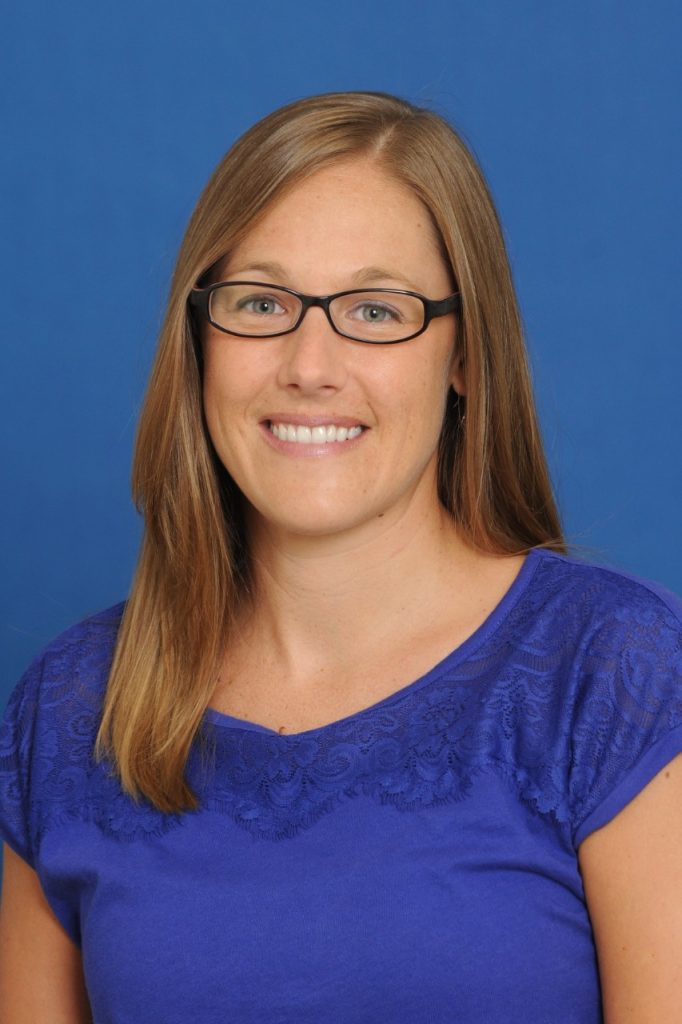
Kristin Heron, Ph.D.
Director: Health, Behavior, & Technology Laboratory (HaBit)
Research Interests: Dr. Heron’s research focuses on eating behaviors and body image in young women, men, sexual minorities (LGBT populations), and racial minorities; physical activity assessment and intervention; ecological momentary assessment (EMA) and intervention (EMI); mobile technology; other health behaviors as they apply to EMA/EMI.
Lab Website

Cathy Lau-Barraco, Ph.D.
Director: Behavioral Alcohol and Related Studies Laboratory (BARS Lab)
Research Interests: Dr. Lau-Barraco’s research focuses broadly on the determinants and consequences of alcohol and other substance use among emerging adults. She seeks to identify psycho-social-cognitive factors that place someone at heightened risk for experiencing drinking-related harms and find ways to decrease their risk. Her research includes ecological momentary assessment of alcohol and other health behaviors (physical activity, dietary habits); brief behavioral alcohol interventions; studies identifying mechanisms contributing to problematic substance use; and laboratory studies of alcohol use.
Lab Website
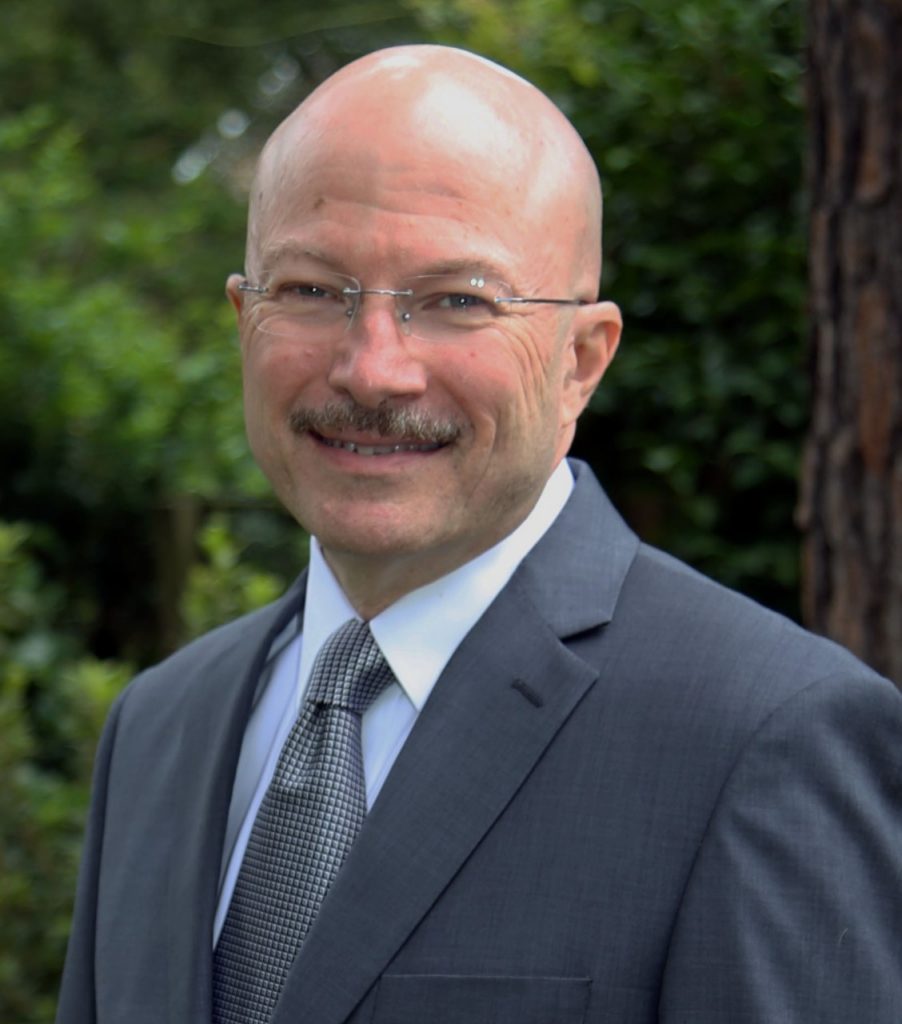
George Noell, Ph.D.
Director:
Research Interests: Dr. Noell’s research has focused on improving the quality and implementation of treatment plans for children in need of behavior therapy and academic intervention. He has also studied methods for assessing the quality of teacher preparation. His recent research has expanded to examine rule governed behavior and categorical reasoning in young children.
Lab Website
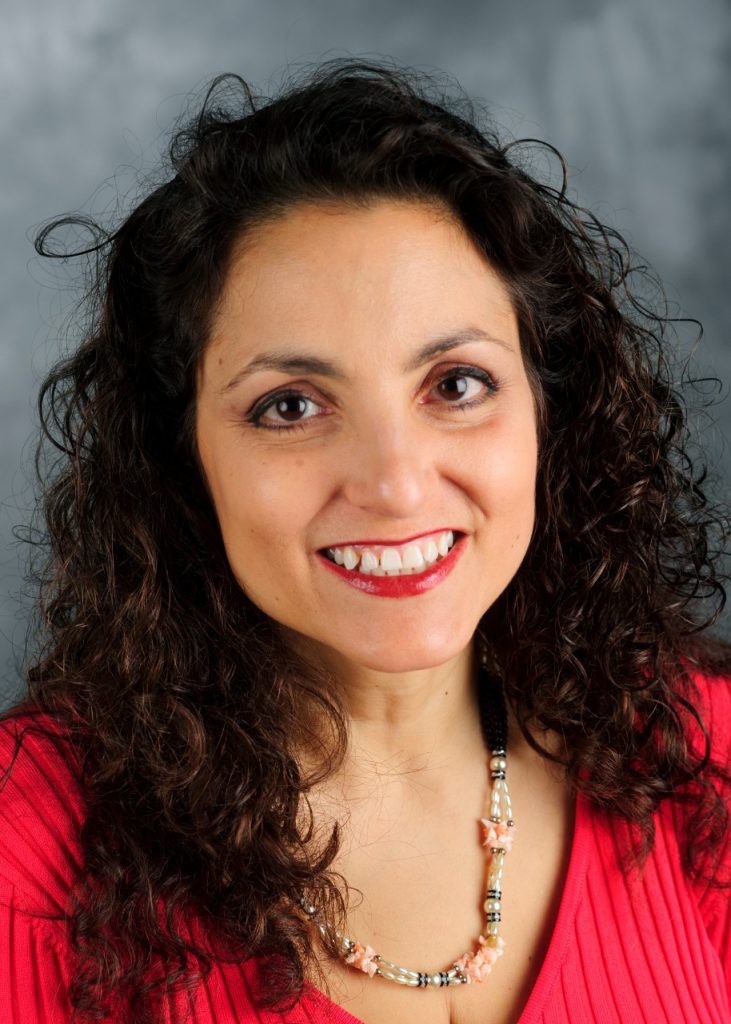
Christina Rodriguez, Ph.D.
Director: Parenting Challenges with Kids Lab (PaCK Lab)
Research Interests: Dr. Rodriguez’s research has investigated theoretical and methodological advances in understanding mothers’ and fathers’ risk to engage in physical abuse that would inform prevention and intervention programs. Her research and clinical interests focus on prevention, particularly concentrating on at-risk and abusive parenting and family violence. She has simultaneously considered parental disciplinary behaviors, beliefs, and abuse risk that may be associated with children’s internalizing difficulties, such as the development of depressive and anxious symptomatology, paying particular attention to potential cognitive mechanisms that can be transmitted intergenerationally.
Lab Website
Health Psychology Labs
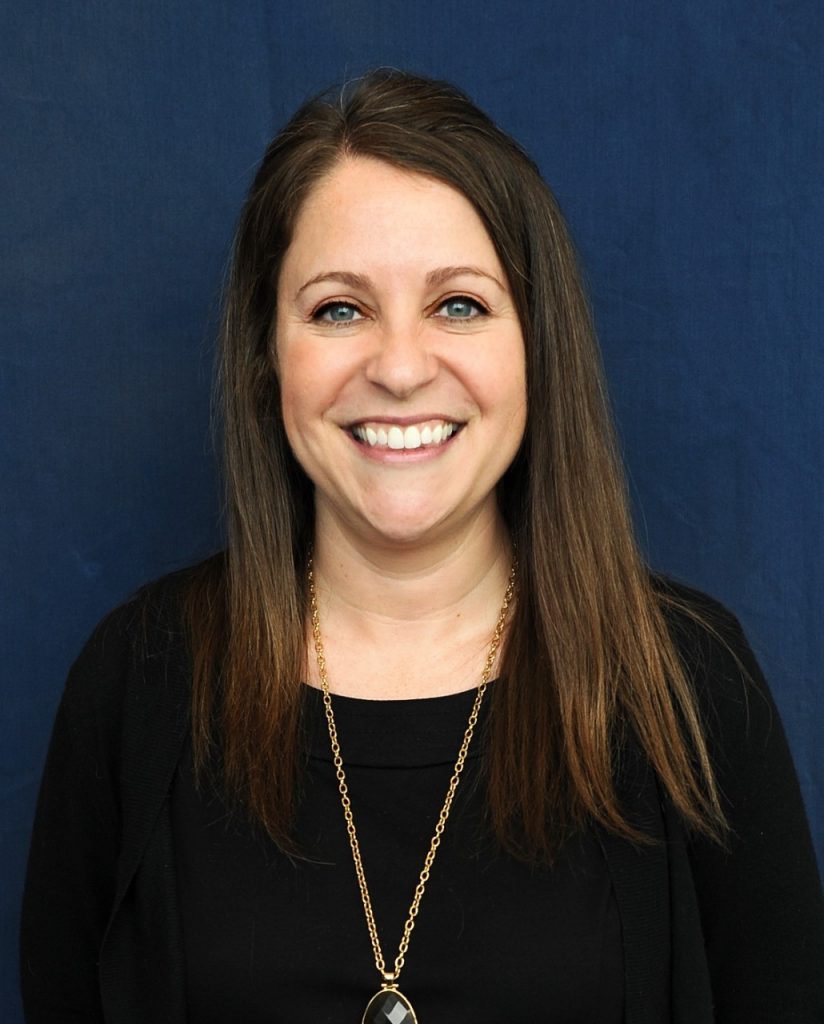
Abby Braitman, Ph.D.
Director: The Alcohol Etiology Treatment and Other Health Behaviors Lab (ETOH Lab)
Research Interests: Dr. Braitman’s research focus is on risky health behaviors among emerging adults, particularly college student drinking. Her interest is in exploring the etiology of heavy episodic drinking as well as developing techniques to strengthen and extend effects for interventions directed at harm reduction. Specifically, she is interested in identifying technology-based techniques easily adoptable at institutions for mass implementation. She is also interested in socio-cognitive influencers, and how changes in drinking influence and are influenced by social networks and romantic partnerships. Additionally, she is interested in quantitative methods, specifically longitudinal data analysis and approaches to accommodate substance use outcomes.
Lab Website
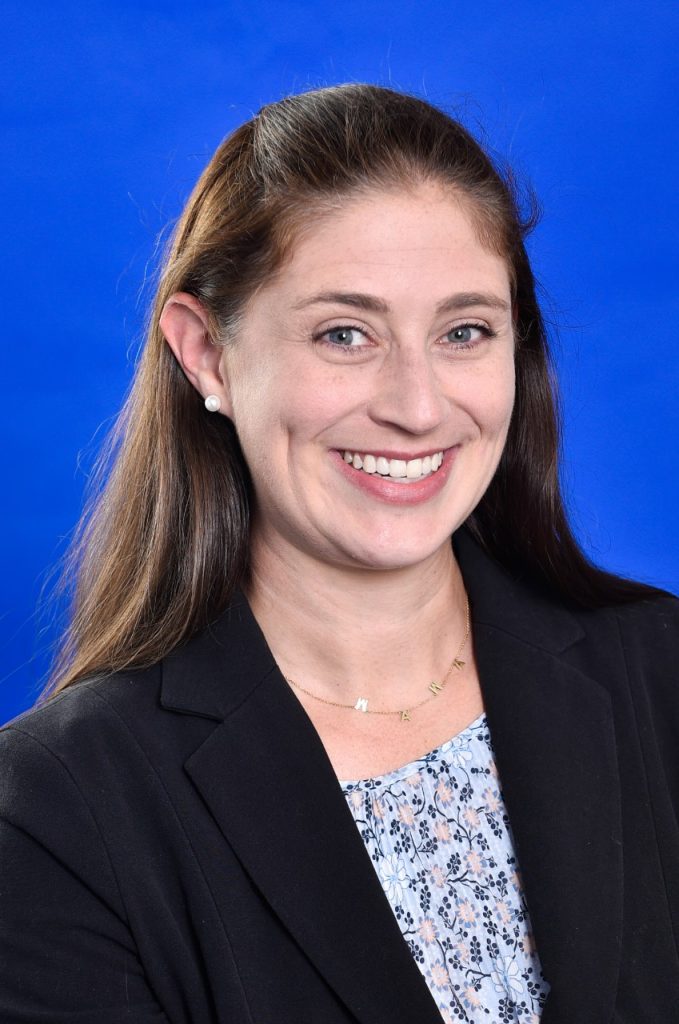
Sarah Ehlke, Ph.D.
Director:
Research Interests: Dr. Ehlke’s research focuses on mental health outcomes and substance use behavior of sexual and gender minority individuals, particularly sexual minority women. Specifically, I seek to identify social, environmental, and cognitive factors that may influence health behaviors, and can be adapted in interventions for this high-risk group. I also am interested in understanding the bidirectional association between sexual violence and substance use among young women.
Lab Website

Matt Henson, Ph.D.
Director:
Research Interests: Personality antecedents of adolescent and young adult risky health behaviors (e.g., substance use and risky sex); Moderators and mediators of substance use intervention efficacy; Assessment, modeling, and behavioral consequences of a sensation seeking personality; Complex modeling of longitudinal data; Applications of Item Response Theory (IRT) to substance use behaviors; The application of mixture detection to latent variable models
Lab Website
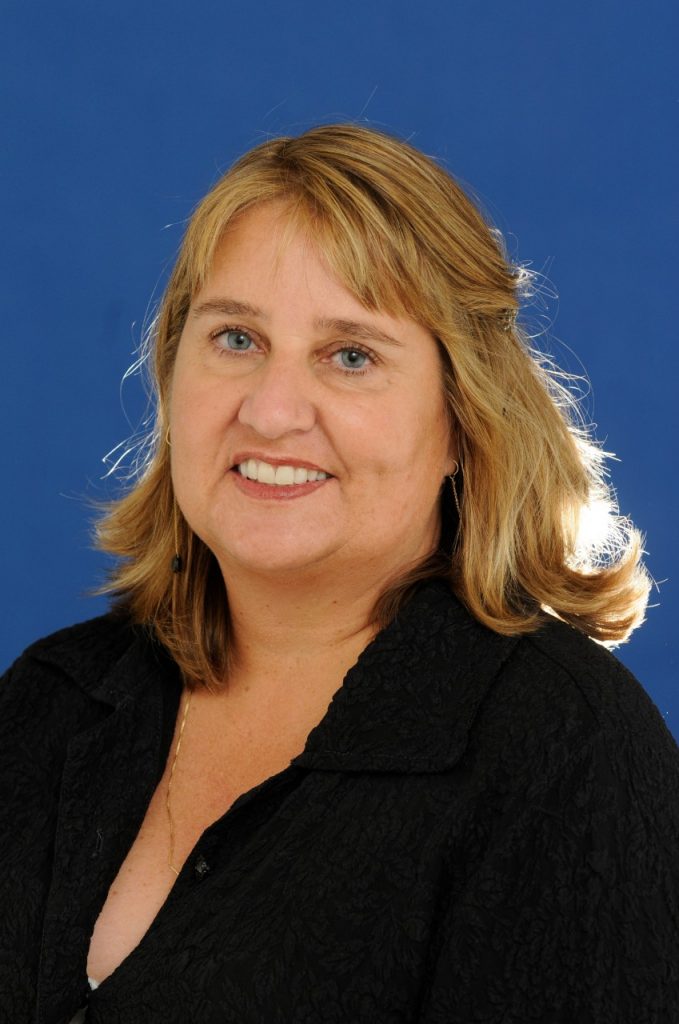
Michelle Kelley, Ph.D.
Director: Military Science Lab and Youth & Family Development Lab
Research Interests: Parental Substance Abuse & Child Development, Military Families/Military Children, Fathering, Family Violence, Statistics, and Research Design.
Lab Website
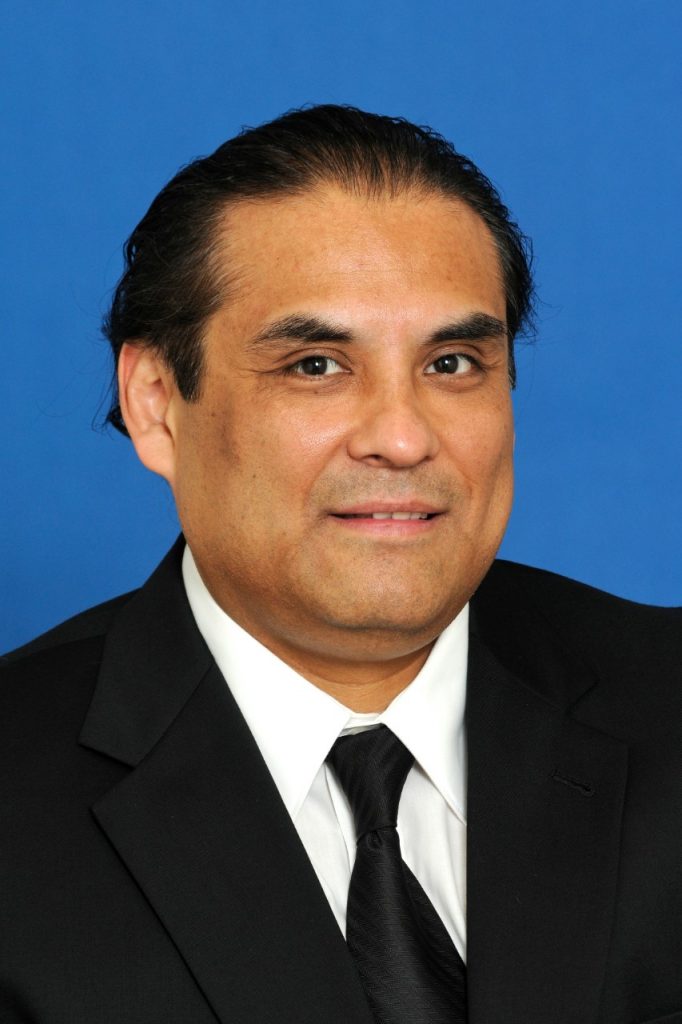
Miguel Padilla, Ph.D.
Director: The Omega Laboratory (OmegaLab)
Research Interests: The main purpose of the lab is to develop, explore, and apply general quantitative methodology in the sciences. The adaptability of quantitative methodology allows lab members to operate on the intersection of many fields – psychology, psychometrics, sociology, education, program evaluation, medicine, and many others. This is reflected in the diverse applied projects, interests, and specialization of lab members, which make for a unique and vibrant environment for conducting research.
Lab Website
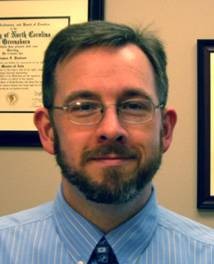
James Paulson, Ph.D.
Director: Early Family Lab
Research Interests: Dr. Paulson’s research focuses on pregnancy, the postpartum, and early family development. My lab addresses several issues within this theme, including: maternal and paternal perinatal depression, development of harsh parenting behaviors, establishment of parenting styles and parental decision-making, individual decisions around committed relationships, and LGBTQ issues and parenthood. Research in my lab involves observational and experimental methods and often employs advanced statistical modeling.
Lab Website
Human Factors Psychology Labs

Mark Scerbo, Ph.D.
Director:
Research Interests: Human Factors; Simulation in Healthcare
Lab Website
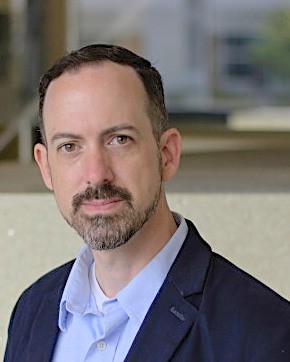
Jeremiah Still, Ph.D.
Director: Psychology of Design (PoD) Laboratory
Research Interests: The PoD lab is investigating several lines of research: predicting attentional deployment within Ecommerce interfaces, creating nex-gen authentication, and improving cyber hygiene.
Lab Website
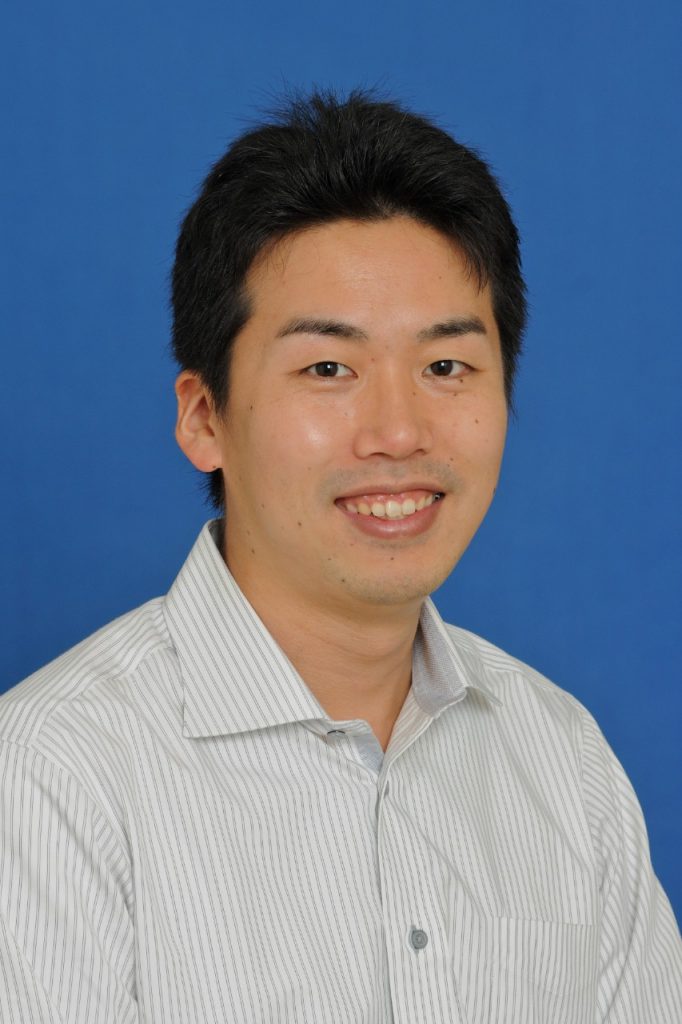
Yusuke Yamani, Ph.D.
Director: Applied Cognitive Performance Laboratory
Research Interests: Visual selective attention, Sustained attention, Human-Automation Interaction, Eye movement and transportation safety, Driving simulation, Human-Automation Trust, Advance aerial mobility.
Lab Website

Xiao Yang, Ph.D.
Director: Applied and Translational Psychophyisology Lab
Research Interests: Physiological processes underlying human performance; identifying indicators of workload stress; developing training programs to reduce errors and improve safety; use of multimodal electrophysiological and neuroimaging techniques.
Lab Website
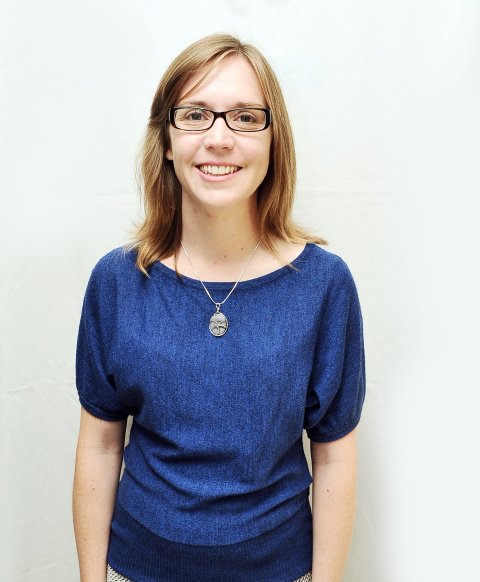
Mary Still, Ph.D.
Director: Building on Intuition, Knowledge, and Experience (BIKE) Lab
Research Interests: Research in the BIKE lab explores the contributions of knowledge, experience, and attention to interactions with technology and environmental signifiers. Projects often examine bicyclist safety and effective digital interactions.
Lab Website
Industrial/Organizational Psychology Labs
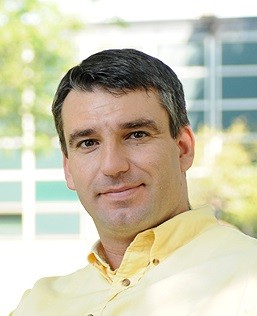
Konstantin Cigularov, Ph.D.
Director: Leadership and Employee Assessment and Development Lab (L.E.A.D.)
Research Interests: The mission of L.E.A.D. is to promote safer, healthier, and more fulfilling lives at and outside work. To that end, we partner with industry to conduct scientific research examining the role that individual and organizational factors play in employer and employee health and performance. Topics of interest include organizational leadership and climate, employee motivation and satisfaction, assessment of recruitment, training, and performance, and development of individuals and the organization itself. Focused research variables include work engagement, motivation, work stress, work-family conflict, and workplace aggression.
Lab Website
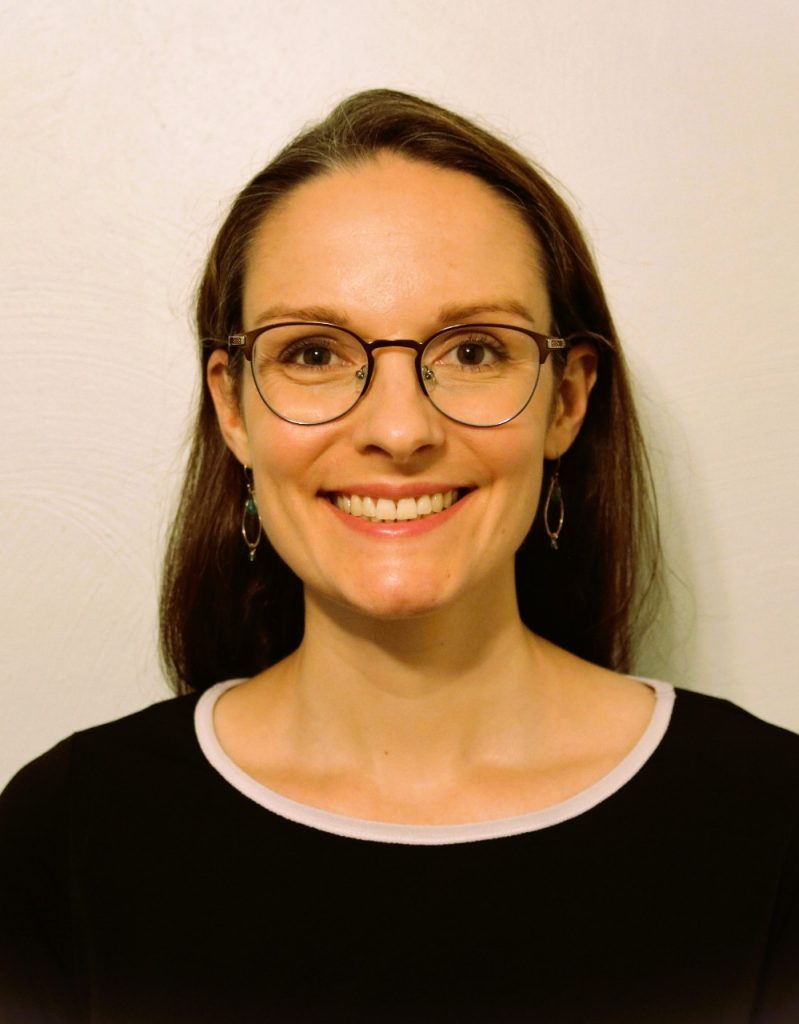
Mallory McCord, Ph.D.
Director: Equality, Civility, and Health in Organizations lab
Research Interests: Dr. McCord’s primary research interests fall under occupational health, with a focus on workplace mistreatment (e.g., bullying, incivility) and stressors (e.g., work overload, unclear expectations). She also studies emotions and leadership, typically in the context of occupational health.
Lab Website

